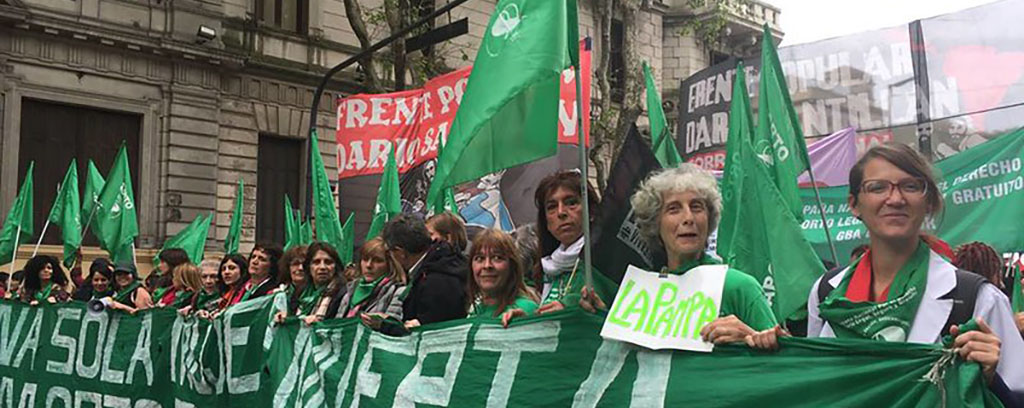BY: Mariana Prandini Assis –
I received Lidia’s* message on a late night. [*Her name has been changed to protect her privacy.]
“Hi, I am the woman from the news. Can we talk?,” it read.
I did not need further explanation. Lidia’s story had been all over Brazilian news and social media websites. Accused of two crimes—inducing her own abortion and “hiding a corpse”—she was facing up to six years in jail and reached out to me as a lawyer who has worked for reproductive rights in Brazil.
The case of Lidia, a woman of color, unemployed and mother of two young children, is not exceptional. On the contrary, throughout Latin America women like Lidia who are accused of having induced their abortions still face harsh criminal penalties.
For decades, feminists across the region have creatively engaged in legal reform strategies to eliminate abortion provisions from penal codes, with some success in places like Uruguay and, most recently, Argentina. But these successes are still far out of reach for many of the region’s countries where the political climate does not tolerate any easing of abortion access. There is another way, less costly and politically demanding, to protect women and other pregnant people from unjust abortion laws.
Public prosecutors, the gatekeepers of the criminal legal system, can simply stop enforcing criminal abortion laws.

